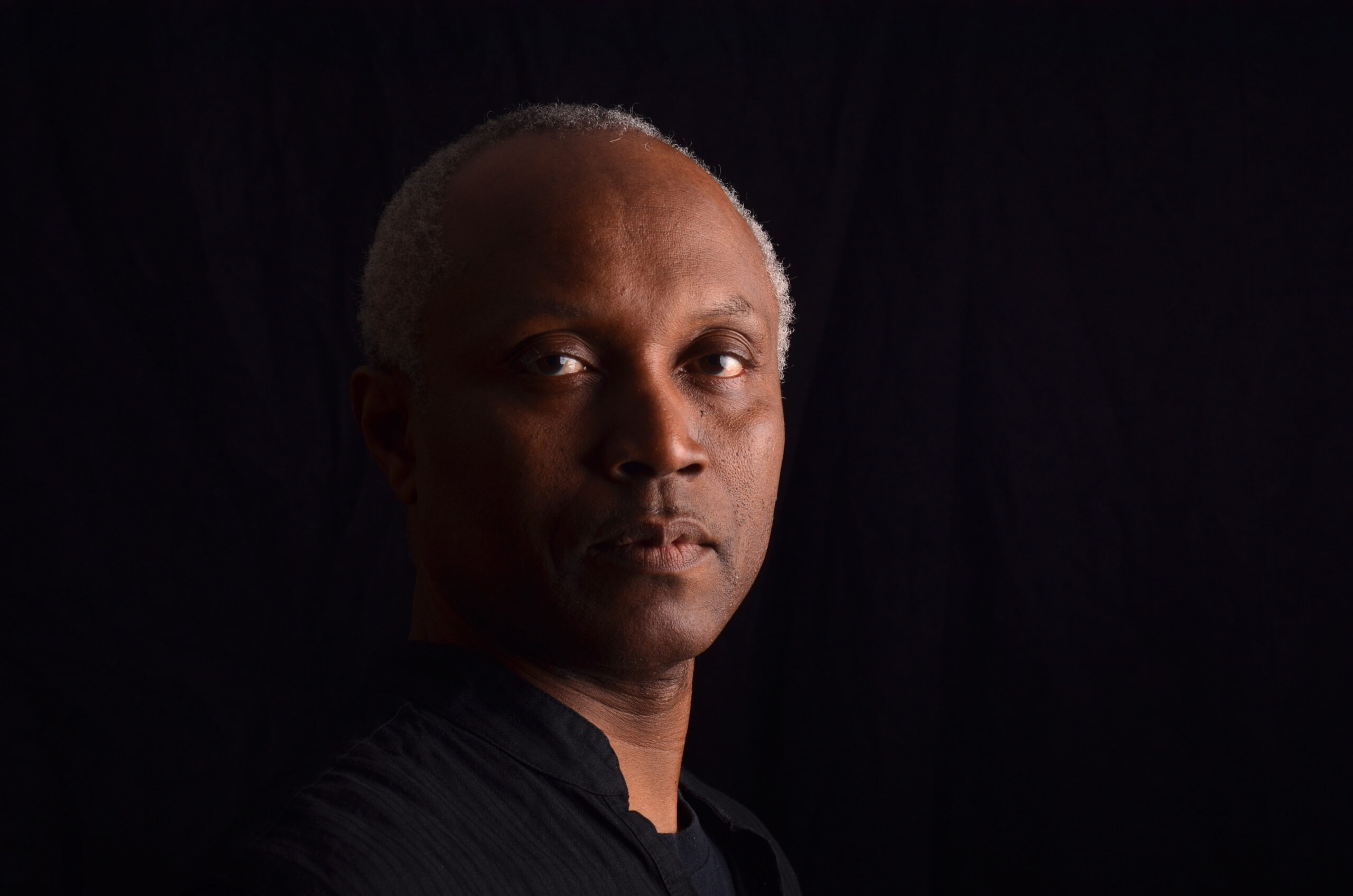 Deborah Yakubu was a faceless woman. A student at the Shehu Shagari College of Education, she was on track—every thing being equal—to live out her life in relative anonymity. But then she dared to scold some of her fellow students for turning a Whatsapp group—originally meant for scholarly exchanges—into a forum for Islamic evangelism. Keep your religion out of this group, Deborah said.
Deborah Yakubu was a faceless woman. A student at the Shehu Shagari College of Education, she was on track—every thing being equal—to live out her life in relative anonymity. But then she dared to scold some of her fellow students for turning a Whatsapp group—originally meant for scholarly exchanges—into a forum for Islamic evangelism. Keep your religion out of this group, Deborah said.
Okay, she used stronger language than the paraphrase above. Quite a few targets of her rebuke happened to be zealots. They decided that her temerity amounted to blasphemy. And they determined that the appropriate recourse was to dispatch the alleged blasphemer, with alacrity, to her grave.
Seized by pious fury, her sanctimonious accusers (who also acted as prosecutors, judges and executioners) stoned and cudgeled Deborah to death. They seemed too pleased by their macabre handiwork to stop at leaving her lifeless body crumpled on the ground. They garlanded her body with tires and set it ablaze. Convinced that theirs was a heroic act, they took care to make a video of it. Perhaps they wished to inspire kindred spirits, terrify and discourage all would-be “blasphemers,” and earn the blessings of the divinity they had just avenged.
Their chilling act also made their victim a household name around the world. Deborah became a viral figure, a veritable symbol of a uniquely Nigerian brand of sectarian fanaticism. A world long inured to Nigeria’s facility for barbarism was forced, yet again, to pay attention. Around the globe—including nations with huge Islamic populations—people reacted with shock and outrage. It was a case of Nigeria excelling, as usual, in impunity.
I happened to be in Nigeria when Deborah was savagely murdered. Still, I did not learn about her gruesome fate until the day after. Years ago, I adopted a measure that’s designed to protect my sanity. Whenever I’m in Nigeria, I refrain as much as possible from watching local television or reading newspapers. The reason is that, once in Nigeria, I experience the country’s tragedy in its rawest, most direct manner.
I witness the myriad ways in which the institutions of the Nigerian state brutalize Nigerian citizens. I see the police, the military, and customs personnel wage war against hapless Nigerians. I walk the country’s filthy streets, inhaling the stench of rotten refuse heaped as mini-mountains on everywhere you look. I travel on hazardous Nigerian roads littered with potholes and broken down vehicles. I’m forced to stay awake at night because of the sweltering heat and the absence of electric power to run fans or air-conditioners. I talk to fellow Nigerians, many of them graduates, who make excuses for or even justify the country’s many human-made disasters.
Mired in the country’s everyday and ubiquitous dysfunction, I’m far from eager to listen to or read news that’s a gumbo of the same disasters, failures and crises. I mean, why compound my torment?
I was at my publisher’s stand at the Nigerian International Book Fair merrily signing books when a fellow writer, the poet Tade Ipadeola, stopped by. “You’re following what happened in Sokoto yesterday, right?” he asked, after an exchange of pleasantries. I was in the dark, I confessed. He then broke the horrific story about Deborah’s killing.
I had been in Nigeria for exactly a month and one day. I had two days left before I left the country. The sheer horror of the news crystallized the dour mood of my most recent trip to Nigeria.
A day later, the conversation at my reading at Roving Heights bookstore, Lagos, turned inescapably to that act of savagery in Sokoto. Why had the Nigerian government and the country’s top political figures waffled, equivocated or gummed their lips in the face of a heinous deed that demanded unambiguous condemnation? What was the worth of Nigeria’s claim to being a country if a bunch of bloodthirsty hoodlums could make a bonfire of a young woman who wanted no part of their religious pieties?
That’s when another poet and friend, Ogaga Ifowodo, posed a salient question. He reminded us that the three Abrahamic faiths—Christianity, Islam and Judaism—profess faith in an almighty deity. Being almighty, God could mete out instant punishment on any wrongdoer. Why, then, did some humans—puny, fallible and wretched as they are—feel it’s their place to rush in as capital avengers of all-powerful divinity?
His was a poet’s insight into the morbid ironies of religious extremism. One wishes that those who presume themselves to be holy warriors against blasphemers would have the intellect to ponder Ifowodo’s question. If they paused for a moment, they would recognize the absolute folly of murdering in God’s name.
In the wake of the gruesome event in Sokoto, some lawyers volunteered themselves to represent the masterminds of Deborah’s killing. They tarnished themselves and their profession. Their posture sought to glorify an inexcusable act of insanity.
These small-minded lawyers have much to learn from the clear-sighted Muslims, in Nigeria and elsewhere, who condemned Sokoto’s homicidal mob. Deborah has joined a league of victims of rabid assailants who imagine themselves agents of God. Her death—like the deaths of the many who preceded her in victimhood—must irrigate the cause of turning Nigeria into a truly secular society. As a first step, her killers must be rounded up, tried expeditiously, and given the capital punishment they eminently deserve.

Okechukwu Ndibe, better known as Okey Ndibe, (born 1960) an acclaimed Nigerian novelist, political columnist and essayist was born in Yola, Nigeria. He is the author of Arrows of Rain and Foreign Gods, Inc.
Ndibe has worked as a professor at several colleges, including Connecticut College, Bard College at Simon’s Rock, Trinity College in Hartford, Connecticut, and Brown University.
We are honored that he brings his sharp intellectual depth and years of political activism to write for Life and Times.







